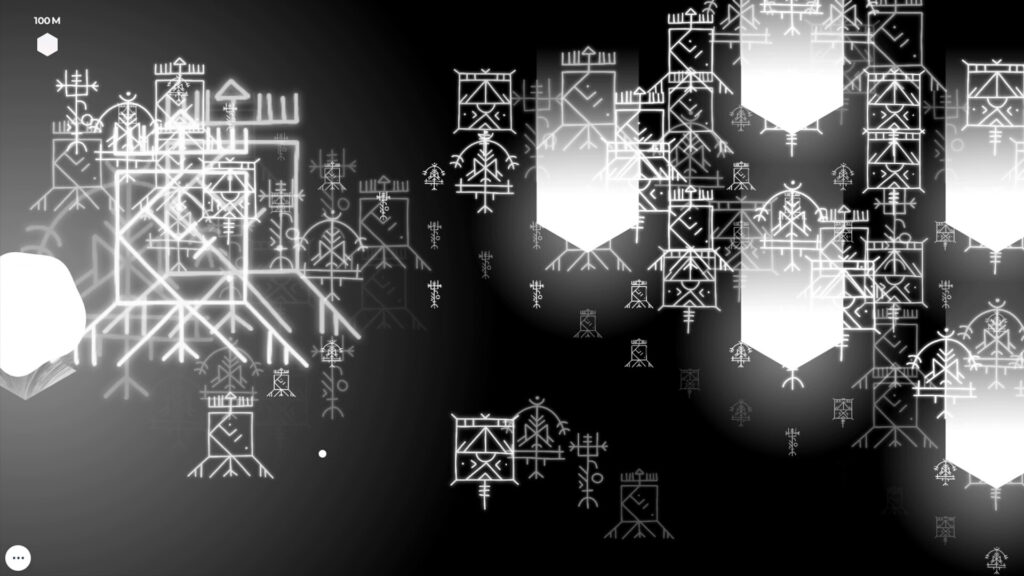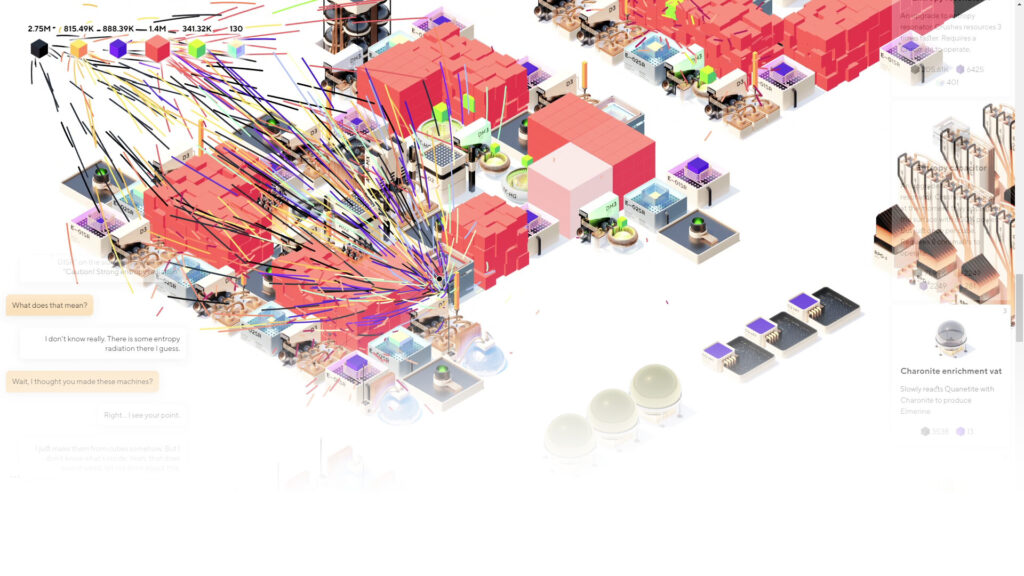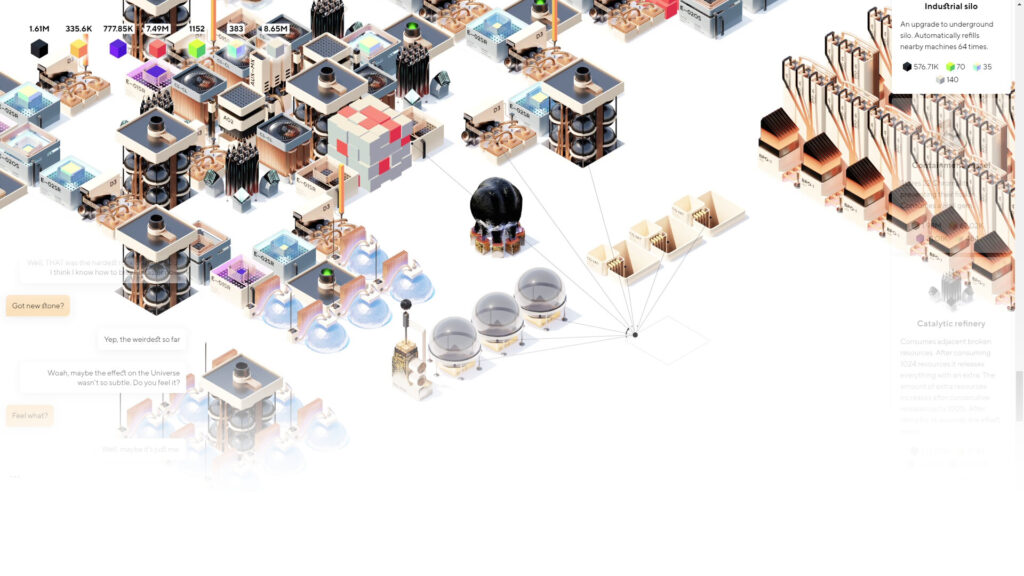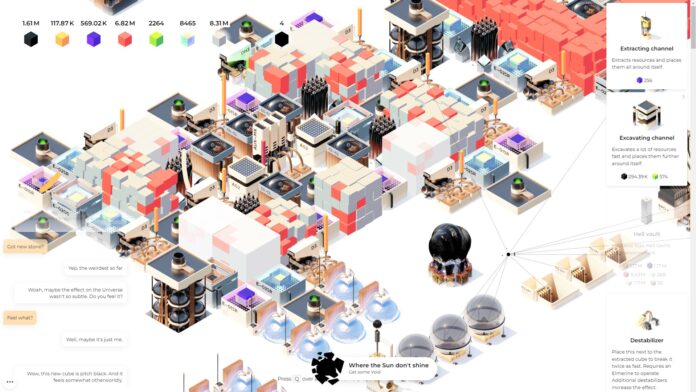Oleg Danilov, the creative force behind the game Sixty Four, didn’t set out to become a solo developer, it emerged naturally from his circumstances. “For me, ‘solo developer’ is just a label,” he explains. He values the autonomy it provides, allowing him to pursue his vision without external pressures. “You can make something that only you and your dog would like. Or try to make a game designed to be loved by every person in the world. It’s up to you if you work alone.”
However, the solo path comes with its challenges. Danilov acknowledges the limitations of working alone, such as the inability to multitask and the necessity to learn new skills independently. “You can’t do two things at once. Everything is serial,” he notes. Despite these challenges, he remains motivated, viewing the lack of external pressure as a filter that ensures honesty in his work. Reflecting on the development of Sixty Four, he highlights the importance of managing expectations: “You can make whatever you want, but you have to be precise in telling people what to expect.”
Why did you become a solo developer?
“This is an emergent thing, not a deliberate choice. For me, ‘solo developer’ is just a label. I can imagine one taking a path to become a game developer in general, but not a solo developer since solo just means that you are comfortable with what you already have at the moment.”
What are the biggest advantages of working solo?
“I can only speculate since I’ve never worked on a game in a team. I believe the best thing is that you can just shut down the pressure from the outside and do whatever the hell you want. And face the consequences of course, but it is not what bothers you at the moment. You can make something that only you and your dog would like. Or try to make a game designed to be loved by every person in the world. It’s up to you if you work alone. You are not responsible for other people’s expectations. The second best thing is the cost of decision-making since the only person you have to compromise is yourself.”
And the biggest pitfalls?
“You can’t do two things at once. Everything is serial. Secondly, if you are not good enough at something, that’s all you have. I don’t know if it’s a pitfall or an advantage, but If you want to do something better working alone, you have to learn it.”

What’s your creative process?
“I started with a vague general structure of the game in my mind. After that: play the draft of the game → come up with some idea → play it out in the head → [optional path] if the idea is good but it doesn’t fit, redo a part of the game to fit this idea → think about how to do it → do it → repeat. Last but not least, show it to someone else and observe what happens.”
How do you stay motivated through (years of) development?
“I don’t know, really. Sixty Four is actually the first game to see the light. I scrapped a lot of game ideas after weeks of experimenting, and have a fear of abandoning something interesting for no reason. But maybe the lack of motivation is a good thing in general. It’s like a built-in filter, which makes the right decision for you to stop at the right moment and do something else. The lack of pressure makes things more honest.”

Will you ever work in a team or is it only solo for you?
“Working with people is natural. I didn’t look for a team since it was a personal project from the start which only later started to look like an actual game.”
How did you get the idea for Sixty Four?
“It may sound silly, but at some moment I was making a javascript animation about a big cube breaking into smaller ones. I liked how it looked and I added a mouse control so that you can break it manually. Everything else emerged from that. The title is the number of small cubes you get from a big one.”
What’s the biggest lesson learned from this project?
“Expectations matter a lot. You can make whatever you want, but you have to be precise in telling people what to expect. This game had the innocent word ‘idle’ in its description. The Idle genre is well-defined and has its own set of rules. If you buy a game expecting it to be idle, but get something that does not meet these specific expectations, you may feel deceived. Clicking a million times is fine as long as you have the consent.”

How do you finance your solo projects?
“Sixty Four didn’t require any prior funding. This was kind of a challenge to make a game without spending a single cent, just with all you have already at the moment. Which I failed, because it turned out to be technically impossible if you need it in the store. The guys from publisher Playsaurus helped a lot with finishing and launching the game without me thinking about spending money. And yes, I am now working on something else in the background.”
The toll on your mental health can be quite high as a solo developer. How do you deal with that?
“Frankly, I can’t relate much. Working on the game was great as I remember it. I can’t recall any dark moments. You wake up and just go towards your laptop, like if you stopped watching a movie at some point yesterday, and now can’t wait to find out what’s in the end. I can only suggest that this could not be the case if you initially have high hopes about the outcome. I guess one could become quite anxious about meeting these expectations over time.”

